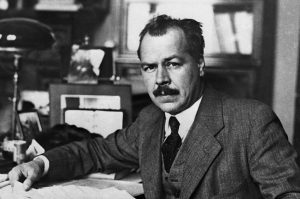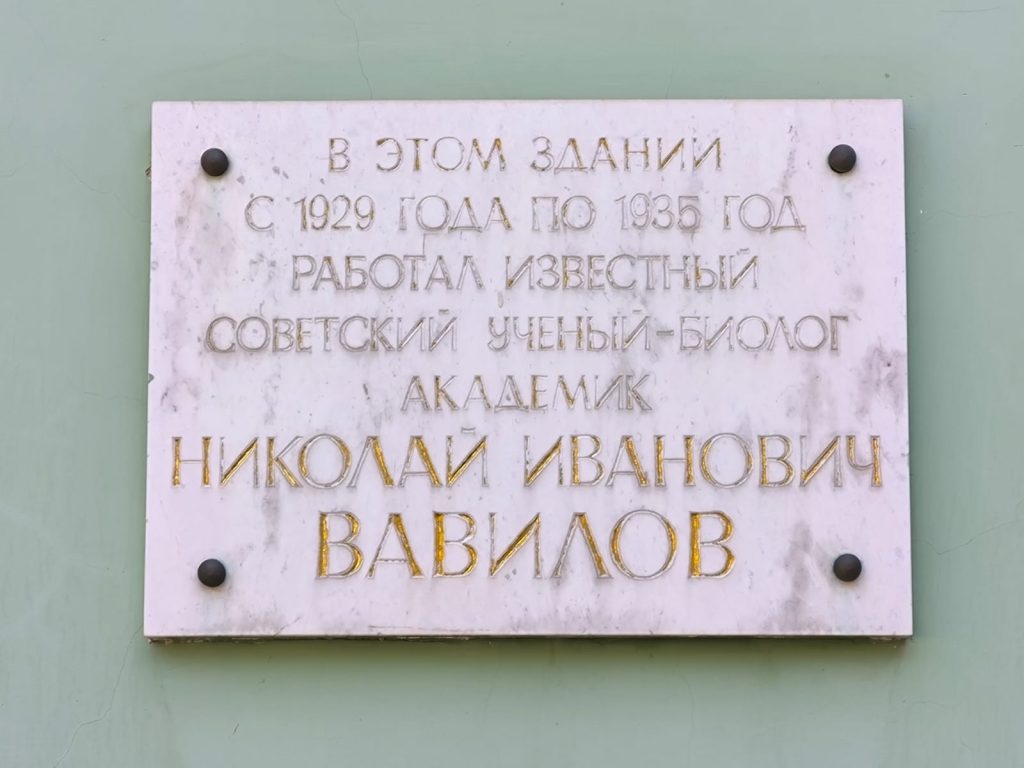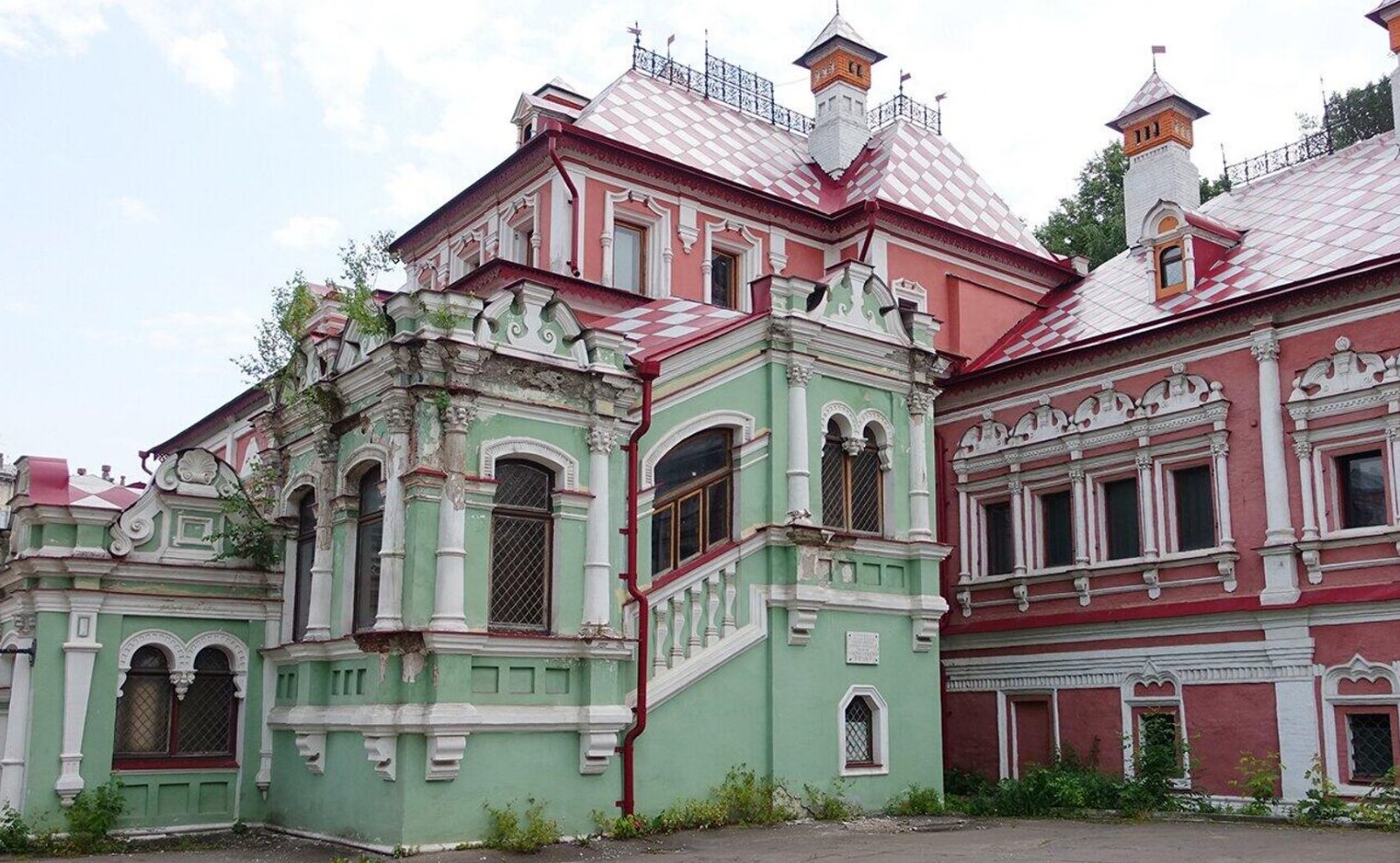Nikolai Ivanovich
Vavilov
1887-1943

Nikolai Ivanovich Vavilov was a botanist and plant breeder, geneticist and breeder, traveller and geographer, organiser of agricultural science, public figure. Nikolai Ivanovich Vavilov was born on November 25, 1887, in Moscow in the family of a merchant in Moscow. Nikolai Vavilov loved science from childhood. There was a rich library of rare books and geographical maps in the house. In 1910 he graduated from Moscow Agricultural Institute (now Moscow Agricultural Academy named after K.A. Timiryazev) and was employed in the department of private agriculture. In 1913-1914 he trained at leading genetic and plant breeding institutions in Britain, France and Germany. On his return to Russia, he defended his doctoral thesis and was appointed as professor at Saratov University, where he taught and researched the peculiarities of agriculture in the conditions of the Volga region and the variability of cultivated plants. In 1917-1921 he established the doctrine of plant immunity to infectious diseases, drew the attention of breeders to the possibility of breeding immune varieties, and formulated the law of homological series in hereditary variability, which made it possible to systematise disparate facts in the study of variability and to predict the possibility of finding new plant forms. In the 1920s and 1930s, Nikolai Ivanovich undertook numerous expeditions around the world for scientific purposes. In 1925, he was awarded the silver medal named after N.M. Przhevalsky by the Russian Geological Society for his journey to Afghanistan. Under the leadership of N.I. Vavilov, the world’s largest collection of seeds of cultivated plants was created, which is stored in the All-Russian Institute of Plant Genetic Resources named in honour of the scientist. He laid the foundations of the system of state trials of crop varieties. created a network of scientific institutions in this field. He was Academician of the USSR Academy of Sciences since 1929. In 1931-1940 he headed the Geographical Society. In memory of the great scientist there is a memorial plaque on the building where Nikolai Ivanovich worked from 1929 to 1935.
Address: Moscow, Bolshoy Kharitonyevsky Lane, 21, p. 4

